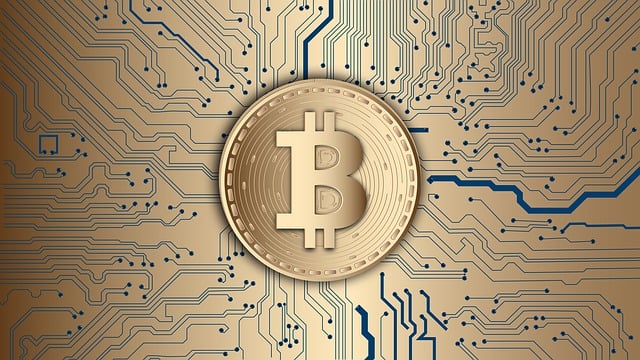Decentralized Finance (DeFi), using blockchain tech, is revolutionizing traditional banking by giving users direct control over funds, enabling activities like lending, borrowing, and trading without intermediaries. However, DeFi's decentralized, global nature presents significant regulatory challenges, as existing frameworks struggle to adapt. Balancing compliance with consumer protection, market integrity, and anti-money laundering efforts is complex, requiring ongoing dialogue between industry leaders, regulators, and policymakers to create a secure and sustainable regulatory environment for this growing sector.
“Decentralized finance (DeFi) has emerged as a revolutionary force, transforming traditional financial systems with its promise of openness and accessibility. This article explores the rise of DeFi, delving into its core principles and the complex regulatory landscape it navigates. As DeFi gains traction, understanding its challenges is vital to ensure its sustainable growth. We analyze how regulatory bodies are grappling with this novel financial sector, highlighting the complexities and potential solutions for a balanced future.”
- Understanding Decentralized Finance (DeFi) and Its Rise
- Navigating Regulatory Challenges in DeFi: A Complex Landscape
Understanding Decentralized Finance (DeFi) and Its Rise

Decentralized Finance (DeFi) is a revolutionary concept in the financial world, aiming to redefine traditional banking systems by utilizing blockchain technology and smart contracts. It offers users direct control over their funds, eliminating the need for intermediaries like banks. This innovative approach has gained significant traction, especially among folks seeking greater financial autonomy and privacy. DeFi allows individuals to participate in various financial activities, such as lending, borrowing, trading, and earning interest, all without centralized oversight. The rise of DeFi has been remarkable, with a substantial increase in user adoption and investment over the past few years. It presents an exciting alternative to the established financial infrastructure, promising enhanced accessibility, transparency, and efficiency.
However, as DeFi continues to evolve, it faces regulatory challenges that require careful consideration. Given its decentralized nature, ensuring compliance with financial regulations while maintaining the core principles of blockchain technology is a complex task. Regulatory bodies worldwide are still grappling with how best to oversee DeFi platforms to mitigate potential risks associated with consumer protection, market integrity, and anti-money laundering efforts. As DeFi gains mainstream attention, ongoing discussions and collaborations between industry stakeholders, regulators, and policymakers will be crucial in shaping a sustainable and secure regulatory framework for this emerging sector.
Navigating Regulatory Challenges in DeFi: A Complex Landscape

Navigating the complex landscape of decentralized finance (DeFi) involves grappling with its unique regulatory challenges. DeFi, by its very nature, aims to operate outside traditional financial systems, leveraging blockchain technology and smart contracts to offer services like lending, borrowing, and trading without intermediaries. However, this very decentralization presents a significant hurdle for regulators. Traditional financial regulations, designed for centralized institutions, often struggle to adapt to the decentralized, global, and fast-evolving nature of DeFi.
These regulatory challenges include concerns over consumer protection, anti-money laundering (AML), and know-your-customer (KYC) procedures, as well as issues related to data privacy and security. The lack of a central authority in DeFi makes it difficult to enforce regulations and address potential risks effectively. As a result, the regulatory environment for DeFi is labyrinthine, with varying approaches taken by different jurisdictions worldwide. This complexity necessitates continuous dialogue between DeFi developers, regulators, and policymakers to foster innovation while ensuring consumer protection and market stability.
As we’ve explored, decentralized finance (DeFi) has revolutionized traditional financial systems by offering open, transparent, and accessible financial services globally. However, navigating the regulatory landscape surrounding DeFi remains a significant challenge. As DeFi continues to evolve, so too will the need for clear guidelines and innovative solutions that balance innovation with consumer protection. Understanding these regulatory challenges is crucial for both developers building DeFi applications and policymakers shaping the future of finance.
